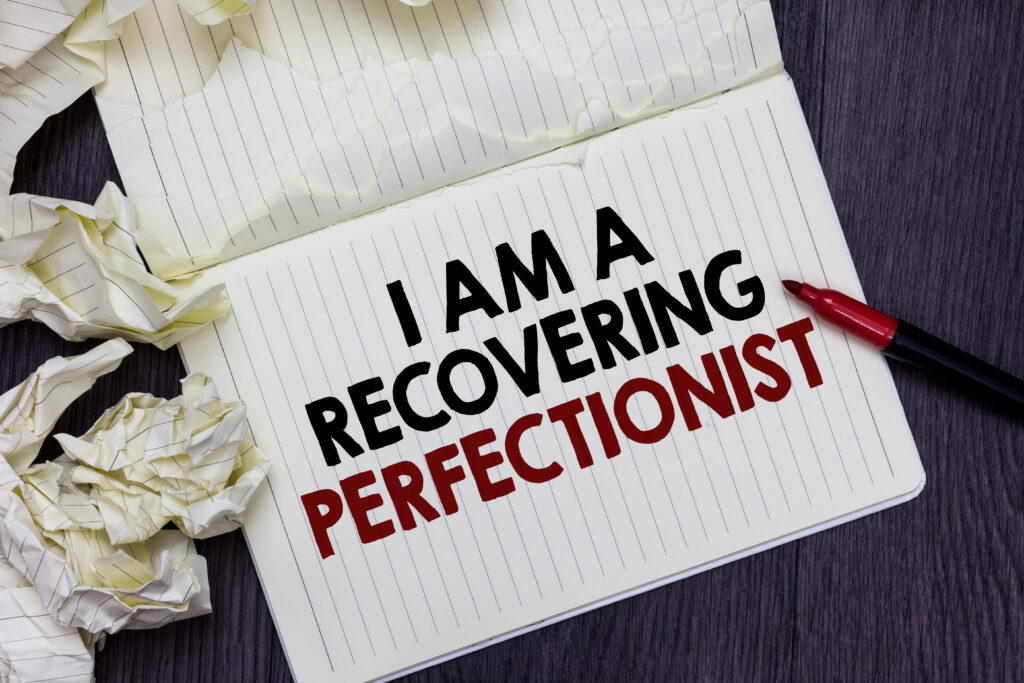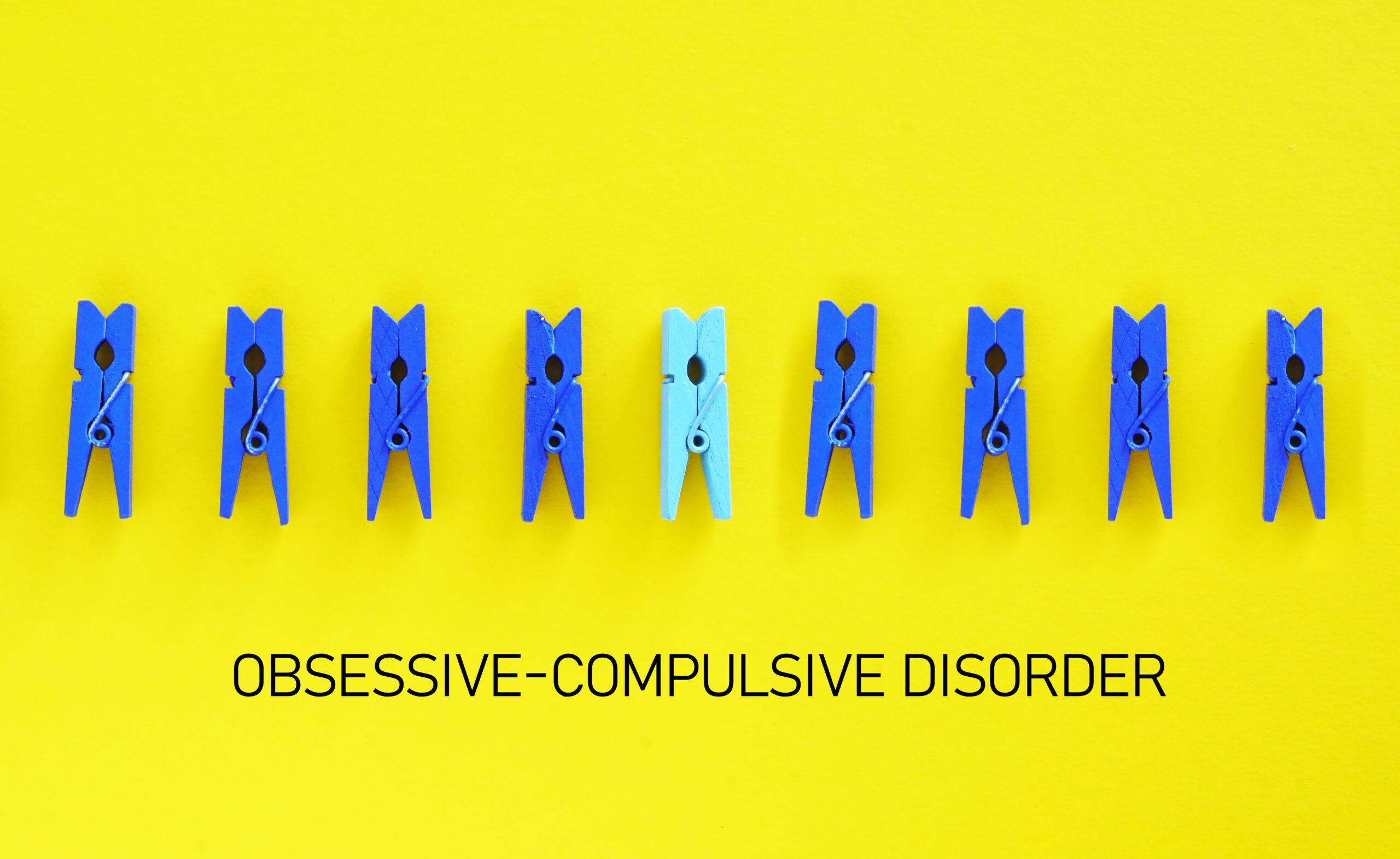Thoroughbred Wellness and Recovery’s Approach
Thoroughbred Wellness and Recovery’s equine-assisted therapy approach stands out for its deep integration of trauma care, personal empowerment, and the unique expertise of its clinical team.
Unlike programs where equine therapy is an add-on, we weave it into our holistic, evidence-based treatment approach.
Here’s what makes our equine-assisted therapy truly unique:
- Therapist-Led, Trauma-Informed Practice: Thoroughbred Wellness and Recovery’s equine treatment is guided by clinicians with experience in trauma, addiction, and mental health. We meet each person where they are, using non-shaming, non-judgmental methods that empower guests to rediscover their self-worth and best selves.
- Personal Growth through Horse-Human Connection: Our sessions are designed to harness the therapeutic qualities of the horse-human relationship. Horses provide immediate, non-judgmental feedback and are highly sensitive to human emotions, which helps guests develop self-awareness, emotional regulation, and authentic connection. This is especially impactful for those healing from trauma or struggling with trust and self-esteem.
- Holistic and Experiential Integration: Equine therapy at Thoroughbred isn’t a standalone experience; it’s an optional part of a comprehensive treatment plan that may include group therapy, individual counseling, family therapy, and other experiential modalities. This integration ensures that insights gained with horses translate into daily life and relationships, supporting lasting change.
- Focus on Empowerment and Accountability: Clients are encouraged to take responsibility for the horses’ care, fostering accountability, consistency, and commitment, which are essential for recovery from substance use and mental health disorders. We emphasize boldness, bravery, and authenticity, inspired by the qualities of the thoroughbred itself.
- A Healing Environment: The program’s serene, natural setting, combined with the calming presence of horses, creates a safe space for guests to process emotions, reduce anxiety, and build resilience. This tranquil environment is especially beneficial for those who may feel overwhelmed or stigmatized in traditional clinical settings.
- Led by Passionate, Experienced Professionals: Thoroughbred’s leadership and therapy teams bring clinical expertise and a personal passion for equine therapy. Our backgrounds in trauma, family therapy, and experiential healing ensure that sessions are safe, meaningful, and transformative.

Understanding Obsessive Compulsive Personality Disorder (OCPD)
Persistent patterns of perfectionism, orderliness, and control characterize Obsessive Compulsive Personality Disorder. Individuals living with OCPD feel a strong need to organize their environment and often hold themselves and others to strict standards.
Key Characteristics of OCPD
OCPD is a longstanding personality style marked by excessive attention to detail, a preoccupation with rules, and an overwhelming drive for perfection and control. Excessively high standards may cause delays or indecision, making task completion difficult.
People with OCPD may prioritize work over friendships and hobbies, adhere strictly to moral or ethical codes, and find it challenging to discard worn-out or unneeded items. While sometimes useful, these behaviors can interfere with personal and professional life.
Unlike those with OCD, individuals with OCPD usually see their behavior as appropriate, even necessary.
Contributing Factors to OCPD
Although the exact causes remain unclear, a combination of genetics, upbringing, and cultural influences is thought to play a role. Some research points to inherited traits, while others suggest that upbringing—including strict, controlling environments—could lay the foundation for OCPD. Societies that value order and rigid standards may also contribute.
OCPD is one of the most common personality disorders, affecting roughly 2-8% of adults, with men being diagnosed more frequently than women.
Distinguishing OCPD: How It’s Identified and What Sets It Apart
Diagnosis involves a comprehensive evaluation of the person’s thinking patterns and behaviors, using diagnostic tools like the DSM-5. To be diagnosed, an individual typically displays four or more hallmark symptoms.
- Preoccupation with Order, Rules, and Details: Individuals with OCPD are often excessively focused on lists, schedules, rules, and organization. This can lead to losing sight of the main point of activities or projects.
- Perfectionism: Their standards are so high and rigid that they frequently interfere with task completion. They may redo work repeatedly, miss deadlines, or abandon projects because they believe nothing is ever good enough.
- Excessive Devotion to Work and Productivity: People with OCPD often prioritize work and productivity over leisure and relationships, even when not financially necessary. They may neglect friends, family, and relaxation.
- Inflexibility and Stubbornness: They struggle to adapt to new situations or change routines. They may insist that things be done their way and resist alternative methods.
- Reluctance to Delegate: A strong need for control makes it hard for them to assign tasks to others unless they are done exactly as they wish.
- Rigidity About Morality, Ethics, and Values: Individuals with OCPD may be overzealous and rigid about morality or ethics for themselves and others.
- Inability to Discard Worthless Items: They may hoard objects, even those with no apparent value, because they fear needing them in the future.
- Lack of Generosity: There can be an extreme frugality or reluctance to spend money, even on themselves or loved ones.
- Restricted Expression of Emotions: They may appear formal, stiff, serious, and struggle to express affection or warmth.
Doctors use in-depth interviews to assess how these traits shape daily life. OCPD tendencies often appear in adolescence or early adulthood, and many affected individuals don’t recognize the negative impact of their behaviors.
It’s essential to differentiate OCPD from similar disorders. In OCD, unwanted thoughts and rituals are distressing; with OCPD, these patterns feel natural and justified by the individual.
Doctors may also differentiate from other personality or anxiety disorders, focusing on whether perfectionism and interpersonal challenges are deeply rooted and lifelong.

Life with OCPD: Everyday Challenges and Relationship Impact
The challenges reach far beyond the surface. Daily tasks can feel daunting when nothing seems “good enough,” and the pressure to maintain order can overshadow simple joys or spontaneous moments.
In relationships, OCPD’s inflexibility and insistence on doing things a certain way often lead to misunderstandings, conflict, and emotional distance.
Partners, friends, and family members may feel criticized, controlled, or shut out, while the person with OCPD may struggle to understand why their efforts to “get things right” aren’t appreciated.
Yet, within these struggles lies the possibility for growth and connection. By recognizing the impact of OCPD on daily life and relationships, individuals and their loved ones can begin to foster understanding, develop healthier patterns, and seek support that brings relief and hope.
Professional Life: Strengths and Obstacles
Many people with OCPD thrive in structured work settings, excelling in roles that value accuracy and organization. Their dedication and thoroughness impress employers.
However, their perfectionism can become a barrier—they may find delegation challenging, miss deadlines due to overplanning, and struggle with workplace relationships. Over time, this can stunt career progression or cause burnout.
Relationships and Social Connections
OCPD can complicate social interactions. Individuals may be critical, slow to compromise, and rigid about routines—all of which can result in conflict with partners and friends.
Their high standards may be perceived as controlling or judgmental. Despite this, people with OCPD are typically dependable, loyal, and committed to those they care about.
Engaging in therapy can teach new communication strategies and help those with OCPD build healthier, more flexible relationships.
Challenges and Management
People with OCPD often struggle with daily life. But there are ways to handle these challenges and improve their quality of life.
- Overcoming rigidity poses a big problem for those with OCPD. It makes adapting to change or seeing other viewpoints tough. Try practicing flexibility in small, low-stakes situations.
- Experiment with new activities or routines. Challenge perfectionist thoughts when they pop up. Instead, focus on the bigger picture rather than getting lost in the details.
- Therapy can help loosen rigid thinking. Cognitive-behavioral therapy teaches skills to question inflexible beliefs.
- Mindfulness techniques might also be helpful. They encourage openness to new ideas and ease anxiety about change.
- Coping strategies help people with OCPD learn to manage symptoms and improve relationships.
- Set realistic goals and standards.
- Practice time management to carve out time for leisure.
- Learn to delegate tasks to others.
- Use stress-reduction techniques like deep breathing.
- Expressing emotions can be tough for many with OCPD. Working on this is essential.
- Joining support groups offers a safe space to practice openness and connect with others who understand.
Professional help often makes a difference. Therapists can teach ways to manage perfectionism and ease the need for control.
I’ve identified many areas in my life where strict adherence to my own rules ends up becoming counterproductive. What I’ve noticed in my attempts at finding solutions for this problem, is that all my “solutions” are just equally strict rules again! When I realized that I end up quitting or not even starting many video games, because of my high standards, the “solution” I came up with was another system of rules for how to extract maximum enjoyment out of a game. I can’t let my old habits ruin any games, so I have to make sure I have rules in place to avoid that! – @r/OCPD
Effective OCPD Treatment Options
OCPD is a treatable condition, and there are several evidence-based interventions available in Georgia and beyond. Effective treatment often involves a combination of psychotherapy, medication, and holistic therapies tailored to individual needs.
Cognitive Behavioral Therapy (CBT)
CBT is a cornerstone of OCPD treatment. It helps individuals identify and challenge unhealthy thought patterns and develop healthier coping strategies. Within CBT, a specific technique called Exposure and Response Prevention (ERP) is especially effective for OCPD, as it gradually exposes individuals to feared situations while helping them resist the urge to perform compulsions.
Dialectical Behavior Therapy (DBT)
DBT is another therapeutic approach that can benefit individuals with OCPD, especially those who also experience mood disorders or borderline personality disorder. DBT focuses on emotional regulation, distress tolerance, and mindfulness, helping individuals manage intense emotions and reduce compulsive behaviors.
Rapid Resolution Therapy
Rapid Resolution Therapy (RRT) is a brief, innovative approach that helps people quickly resolve emotional distress and trauma without needing to relive painful memories. Using guided imagery, hypnosis, and specific language techniques, RRT targets the subconscious to neutralize the emotional impact of past events. This therapy is beneficial for anxiety, PTSD, and self-defeating behaviors, often producing lasting change in just a few sessions.
Relational Trauma Therapy
Relational trauma therapy focuses on healing the effects of hurtful or abusive relationships, especially those from childhood or close partnerships. The treatment helps individuals process difficult emotions, rebuild trust, and learn healthier ways to relate to themselves and others. By working through these issues in a supportive environment, guests can improve self-esteem and develop stronger, more positive relationship patterns.
Trauma Therapy
Trauma therapy is designed to help people recover from the psychological effects of traumatic experiences, such as abuse, accidents, or violence. It uses evidence-based methods like EMDR to process difficult memories, reduce symptoms like anxiety or flashbacks, and restore a sense of safety and control. The goal is to support emotional healing and improve overall well-being.
Psychodrama Therapy
Psychodrama therapy uses role-play and group action to help individuals explore and resolve personal issues. Participants act out real-life situations in a supportive group setting, gaining new perspectives and emotional release. This experiential approach is effective for processing trauma, building self-awareness, and practicing healthier behaviors within relationships.

Holistic Approach to Mental Health and Well-Being
A holistic approach to OCPD treatment addresses the whole person, not just symptoms. This may include:
- Holistic Therapies: Mindfulness, yoga, and other wellness practices to support mental and physical health.
- Medication Management: Antidepressants and other medications, overseen by mental health professionals or psychiatrists, can help manage OCPD symptoms.
- Individual Therapy: One-on-one therapy sessions to explore personal challenges, set goals, and develop a personalized treatment plan.
Personalized Interventions and Support
Effective OCPD treatment is never one-size-fits-all. Mental health professionals collaborate with each guest to create a personalized treatment plan that may include:
- Psychotherapy: Such as CBT, DBT, and ERP.
- Holistic and Wellness Therapies: To promote overall health and well-being.
- Support for Co-Occurring Disorders: Including substance abuse, bipolar disorder, and borderline personality disorder.
The Role of Therapy Sessions in Recovery
Regular therapy sessions are essential for progress and long-term recovery. These sessions provide a safe space to explore thought patterns, practice new coping skills, and address challenges as they arise. Group, family, and individual therapy are essential in comprehensive mental health programs.
Levels of Care at Our Treatment Center
Our OCPD treatment center offers various levels of care to meet each individual’s needs:
- Inpatient rehab requires individuals to stay at a treatment facility full-time, providing round-the-clock support and structured therapy in a safe, supervised environment. This option is ideal for those with severe addiction or co-occurring mental health conditions who need intensive, immersive care.
- Partial Hospitalization Program (PHP): A structured, intensive program providing therapy and support during the day while allowing guests to return home at night.
- Intensive Outpatient Program (IOP): This program offers flexible, comprehensive care for those who need ongoing support but do not require full-time treatment.
- Dual Diagnosis Programs: For individuals with co-occurring disorders, such as substance abuse, bipolar disorder, or narcissistic personality disorder, integrated treatment addresses both conditions simultaneously.
- Outpatient Rehab lets individuals live at home while attending scheduled therapy and treatment sessions, making it ideal for those who need flexibility to maintain work or family commitments. It’s best suited for people with mild to moderate substance use issues or as a step-down from more intensive care.
Your Treatment Starts Today
If you or a loved one is struggling with OCPD, substance abuse, or another mental health condition in Atlanta, Georgia, don’t wait. Reach out to Thoroughbred Wellness and Recovery today at 770-564-4856 because healing begins with the first step.










